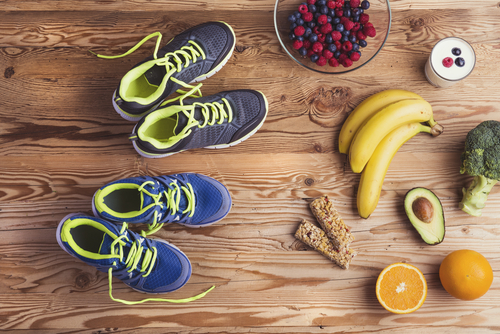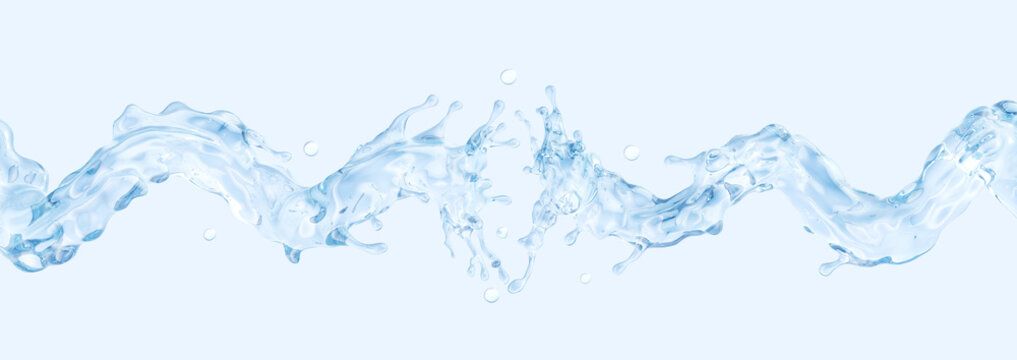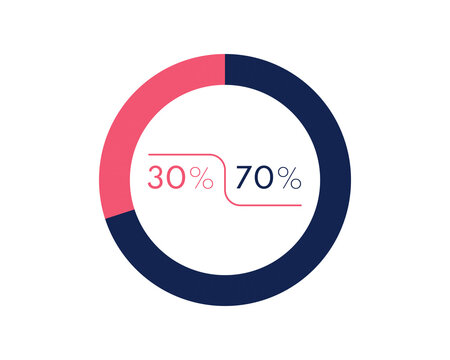Nutrition
The Importance of Nutrition for Runners
As a runner, your body needs the right balance of nutrients to perform at its best. Proper nutrition not only fuels your workouts but also aids in recovery, helps prevent injuries, and supports overall well-being. One of the key principles of a runner's diet is to focus on whole, nutrient-dense foods while minimizing processed foods and added sugars. This will give you the most energy on your runs and leave you feeling, and running better.
Limiting Sugar for Optimal Performance
While sugar can provide a quick energy boost, it's important to consume it in moderation, especially as a long distance runner. Foods high in added sugars can lead to energy crashes and may not provide the sustained energy you need for longer runs. Instead of eating candies and foods processed foods with tons of added sugars, try having full meals with fruits, whole grains, and vegetables. These reliable energy sources not only provide more consistent energy, but leave you fuller. As a runner, I try to limit the food I eat that contains more than 5 grams of added sugar until after I run. Also try replacing added sugars with natural sugars from fruits. These foods also have the benifiet of additional vitamins that candies and processed foods do not have. This helps me feel better while I run, along with helping me focus. 48 hours before a race many runners would also recommend trying to eat half your regular amount of sugars, as they are not helpful during distance races.
Types of Foods to Eat
- Carbohydrates: Carbs are your body's primary source of energy, making them essential for runners. Aim to include complex carbohydrates in your diet, such as whole grains (oats, brown rice, quinoa), fruits, vegetables, and legumes. Carbs are great for long term energy as they slowly break down during digestion, providing consistent glucose (the sugar the body uses for energy) to the muscles also the energy from carbs stores in the blood stream, better, making carbohydrates the perfect type food to eat the night before a big race. The glycogen and glucose stores in the blood that come from carbs are what give runners most of their energy. I usually choose to eat spaghetti the night before a race, but other carbohydrate dense foods could work too.
Proteins: Protein is crucial for muscle repair and growth, especially after intense workouts. Include lean sources of protein in your meals, such as chicken, turkey, fish, tofu, beans, and lentils. Protein is one of the most important nutrient for your body after a run, as protein is the nutrient that is responsible for repairing the muscles. If your body doesn't get sufficient proteins, then it will be unable to repair your muscles, causing them to grow slower, and hurt longer. Many runners, including myself, drink a protein drink after a run to make sure that we get sufficient protein. If your going to drink protein drinks, I would recommend trying to find one without lots of added sugars or artificial colors. While these drinks are helpful, if you already eat enough meat and protein dense foods your body should have enough to repair itself just fine.
Healthy Fats: Don't shy away from fats! Healthy fats are important for overall health and can provide a steady source of energy. Incorporate foods rich in unsaturated fats like avocados, nuts, seeds, and olive oil. Fats also provide energy for runners, but are not as helpful as carbs are. Fats do not provide as much energy as a carbs or proteins so they should be limited. While fats are good in moderation, and excess can take the place of carbs and protein, giving a runner less energy.
Hydration: Staying hydrated is key for optimal performance. Drink water throughout the day and especially before, during, and after your runs. Electrolyte-rich drinks can also be beneficial for longer runs or hot weather. Drinking plenty of water is one of the most important things a runner can do. Hydration is key, especially on extremely hot days, to keep runners running. Water is lost when we sweat, and if you lose to much water or electrolytes you will become dehydrated, and can feel lightheaded, dizzy, or nauseous.
When to Eat These Foods
Timing your meals and snacks around your runs can help optimize your performance and recovery. Here are some general guidelines:
Pre-Run: Eat a balanced meal containing carbohydrates, protein, and a small amount of healthy fats 2-3 hours before your run. This will give your body enough time to digest and provide a steady source of energy. Eating any closer may cause "side stitches," or the sharp pain in your abdomen that occurs when your body is trying to digest while running.
During Your Run: For shorter runs, water should be sufficient to stay hydrated. For longer runs, consider bringing along energy gels, chews, or snacks rich in carbohydrates to replenish glycogen stores. Many marathon runners or ultra distance runners will use gels, but if your run is under 10 miles, regular water should be fine.
Post-Run: Refuel your body within 30 minutes of finishing your run with a snack or meal containing a combination of carbohydrates and protein. This helps promote muscle recovery and replenish glycogen stores. This is also when most runners will have a protein drink, or an electrolyte drink. Electrolytes such as salt and potassium are lost when a runner sweats, so its important to refill these stores. Salt is an important nutrient in the body, and it plays a crucial role in the way neurons communicate in the brain, so its important to have enough.
Also, runners should follow the 70-30 rule which is...
70% of Diet should be carbs
30% of Diet should be proteins and fat
In Conclusion
Proper nutrition is essential for runners of all levels, including high school students and elite runners. By focusing on whole, nutrient-dense foods and paying attention to timing, you can fuel your runs effectively and support your overall health and performance. Remember to listen to your body, experiment with different foods, and find what works best for you.
Photo credit to Toronto Physio, Adobe Stock, and Health.com

:max_bytes(150000):strip_icc()/Complex-Carbs-29d860ee764a4068a5a66aa8f315fd96.jpg)


This blog post really expresses the importance of nutrition for runners. I love the amount of information you put into this.
ReplyDelete